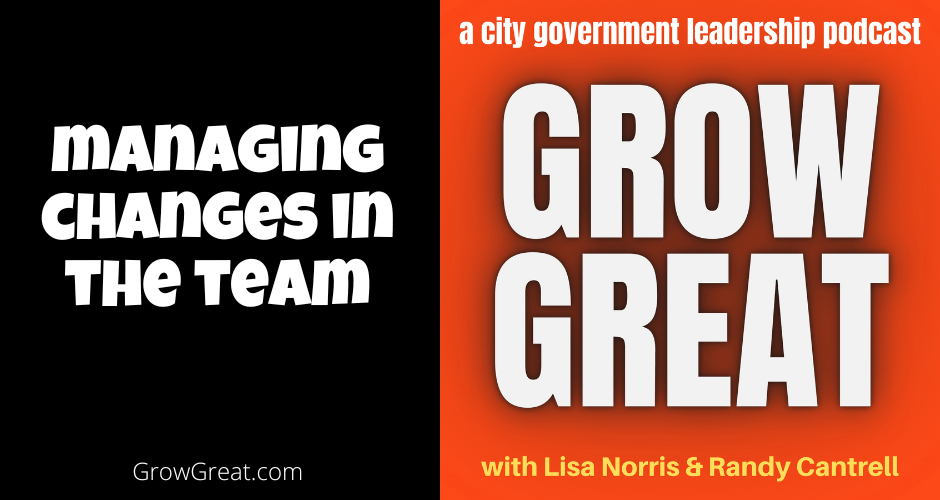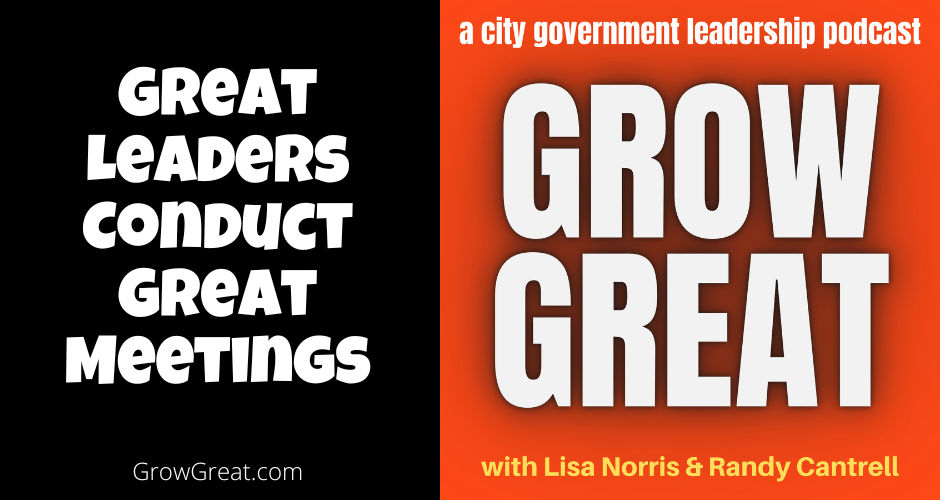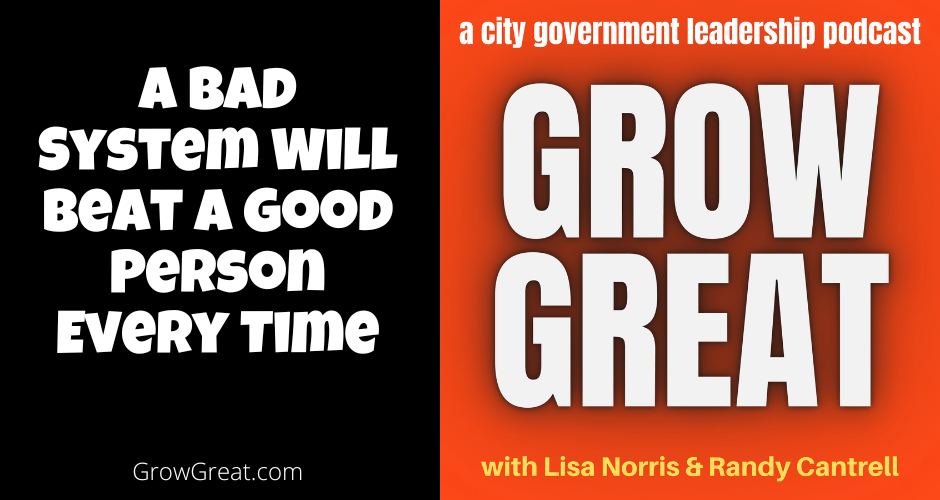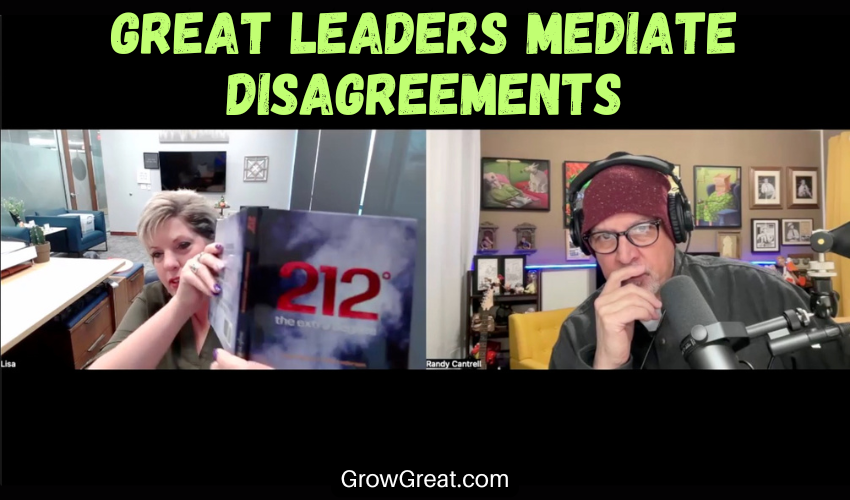Podcast: Play in new window | Download (Duration: 55:19 — 25.3MB)
Subscribe: Apple Podcasts | Spotify | | More
Wrecking meetings happens daily. Probably hourly. Bosses often struggle to conduct effective meetings. Many people fail to put in the effort to improve their skills.
A disastrous meeting lacks an agenda, a clear purpose, a desired outcome, and adequate preparation. They’re not merely a waste of time, but they’re detrimental to culture and the leader’s credibility.
Here are three things we should consider before calling or entering any meeting:
a. Who is this meeting for?
b. What’s the point?
c. What outcome is needed?
A meeting might be for the boss to convey some idea, philosophy, or priority. A meeting might also be to brainstorm possible solutions to a problem. Or possible opportunities in a situation. In each case, the WHO question may differ. That’s fine. The point isn’t to aim for every meeting to address the same WHO. Instead, it’s to ensure we’re thoughtful and intentional in knowing who this meeting is for.
Don’t put too much pressure on a meeting to accomplish too many things. Have a point. One main thrust of the meeting will make it a much better meeting. This is the WHY of the meeting.
Too often, we want our meeting to accomplish a long list of things. Instead, consider THE ONE BIG THING and omit everything else. Call a separate meeting to address a different issue. Make this meeting impactful and memorable. Prevent the ordinary from ruining every meeting.
Aim for the desired outcome. People need to know where they’re going. This is the roadmap showing us where we hope to arrive by the end of the meeting.
Step up. Put in the effort to make your meetings great, and I promise it will elevate your leadership!
Be well. Do good. Grow great!

Check out the Hosts page for our profiles.
Connect With Lisa On Linkedin • Connect With Randy On Linkedin
We encourage you to contact us. Feedback, suggestions, criticisms, insights, and experiences are welcomed. Thank you for watching and listening!














